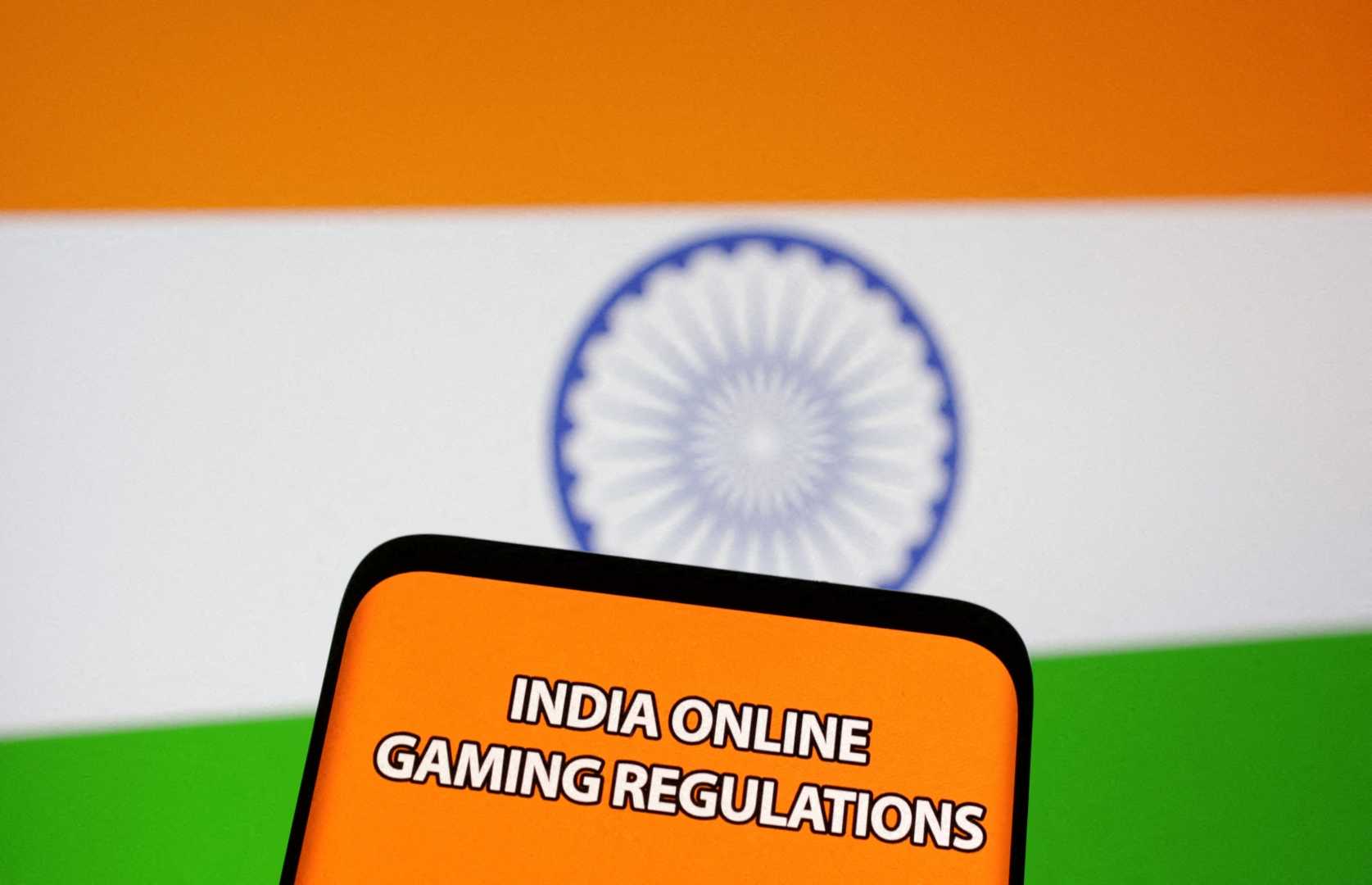Business
India’s Cabinet Approves Bill to Regulate Online Real-Money Gaming

NEW DELHI, India — The Union Cabinet, led by Prime Minister Narendra Modi, approved a significant bill on August 19, 2025, aimed at regulating online real-money gaming platforms. This comes amid growing concerns over gambling addiction and inconsistent regulations across Indian states.
The bill, confirmed by sources to PTI, seeks to establish a consistent legal framework. It aims to criminalize online betting and impose severe penalties for violators, distinguishing real-money gaming from eSports and casual online games.
The Online Gaming Bill intends to provide clarity in India’s expanding digital gaming sector. It prohibits real-money gaming and associated advertisements, proposing strict penalties, including jail time and fines for platform operators. The bill outlines that an online money game can involve elements of skill or chance and includes any game where users pay fees or stakes with expectations of winning money in return.
The rapid growth of India’s gaming industry has led to increased public concern regarding addiction and illegal activities linked to gaming platforms. “This bill will divert young people from harmful distractions and mitigate negative societal impacts,” an official emphasized.
If passed in Parliament, the legislation would introduce India’s first comprehensive national law regarding online gaming. Authorities will have the power to determine what constitutes an “online money game” following thorough inquiries.
Previous measures included a 28% goods and services tax on online gaming and a 30% tax on winnings beginning in 2024. Over 1,400 gambling websites have already been blocked as the government intensifies its scrutiny of the online gaming industry.
Government officials indicated the new bill would formalize existing regulations and foster responsible online gaming, ensuring accountability and player protection are prioritized. Further details will be released as the bill moves forward in Parliament.












